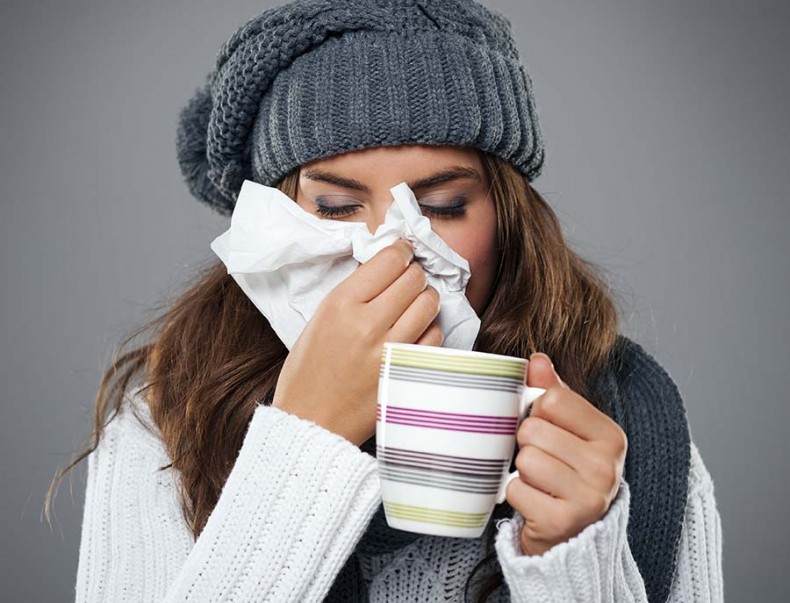Fa-la-lah-choo!
Allergic to the holidays? Here’s how to keep yourself sneeze-free
Your goal may be to celebrate the holidays in style this year, but your allergies and asthma are making you feel like the Grinch. You may not even be aware of what’s causing the extra sniffling, sneezing and itchy eyes.
“Two thirds of allergy sufferers have symptoms year-round, so it’s not just a matter of the first freeze hitting and your symptoms disappearing,” says Dr. Bryan Martin, president of the American College of Allergy, Asthma and Immunology (ACAAI). “Even after the pollen season dies down, there are environmental triggers to deal with — things like mold, dust and pet dander. The winter holidays can bring a whole new set of triggers.”
Here are some ACAAI tips on ways to steer clear of allergic triggers that surface during the holidays.
Oh, the weather outside is frightful
Half the fun of the winter holidays is being outside — caroling, building snowmen, sledding. But if you have asthma, that very cold, dry air can be a trigger. If you’re heading outside and it’s very cold, cover your mouth and nose with a scarf or face mask — particularly if you’ll be exercising.
Over the river
If you’re traveling for the holidays and have allergies or asthma, pack your medicines. Some hotels now offer allergy-free rooms, so inquire when booking your stay. If you’re allergic to dust mites, bring your allergy-blocking bedding. If you need injectable epinephrine, make sure you have two for your trip.
O Christmas tree, O Christmas tree
Lots of traditions swirl around the holidays — and lots of dust, too. If you store ornaments and artificial trees in the attic without being covered, they may be full of dust, which can cause allergies to flare. Clean them thoroughly before putting them up, and when the holidays are over, store them in air-tight boxes so that next year you’ll deal with fewer triggers.
If you buy a real tree, know that some people have contact skin allergies to terpene, found in the sap of trees, as well as inhalant allergies to mold spores and pollen brought into the house by fresh trees and greenery.
Bring us a figgy pudding (or not)
The holidays often involve events where other people prepare the food. If you or your kids suffer from food allergies, you’re probably skilled at bringing something you know everyone in your clan can eat. Give the host a heads up if there are certain ingredients she or he needs to steer clear of. Check labels of anything that’s pre-prepared that you haven’t eaten before. And know that lots of websites have allergy-safe recipes for holiday classics.
If you believe you suffer from allergies or asthma, see a board-certified allergist. Allergists are trained to diagnose and treat your symptoms, and to work with you to create an individual action plan.
-
Share this story:



